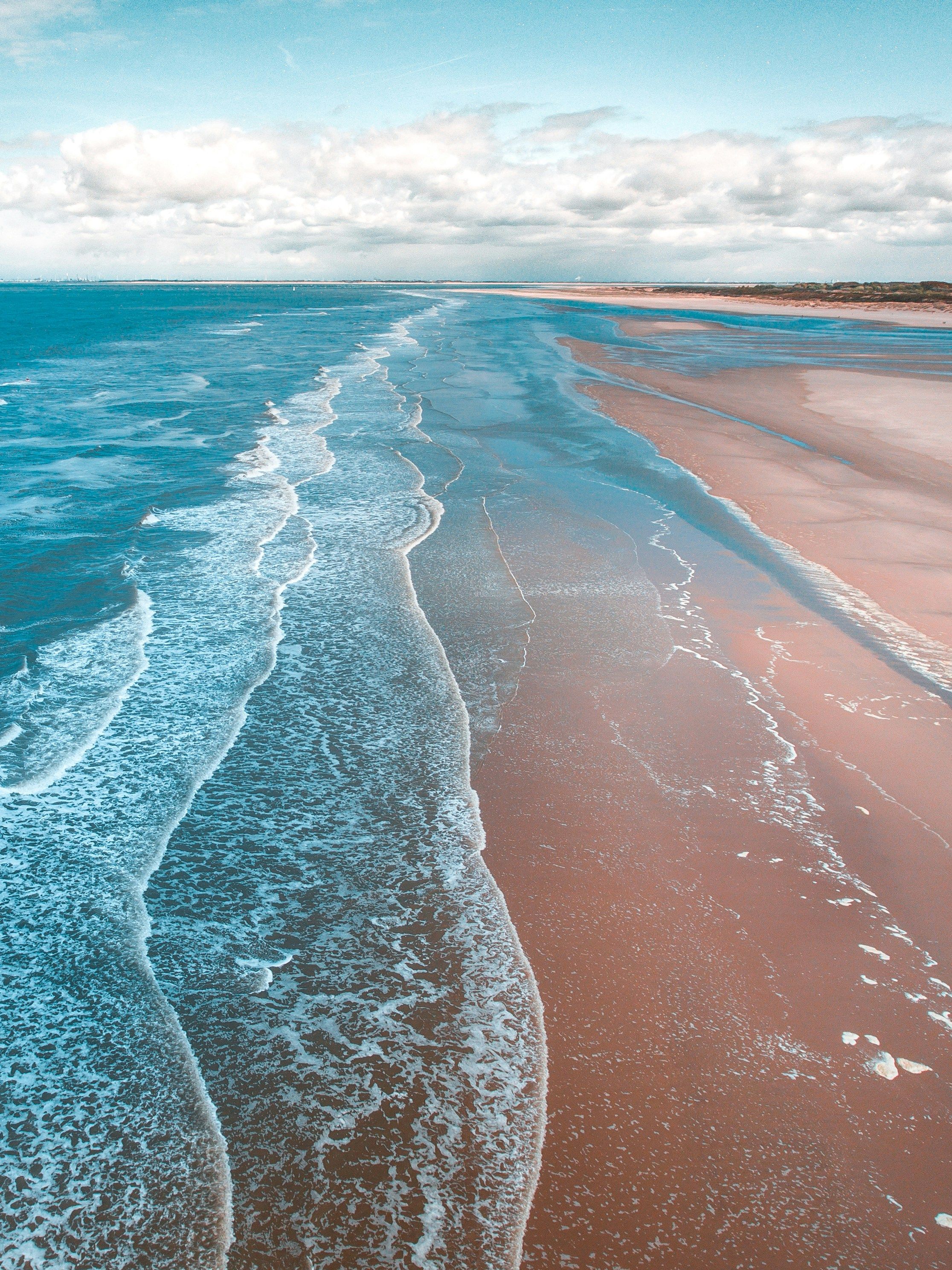Greenland's Leader Denounces Trump's Threats as Disdainful
Jens-Frederik Nielsen, the new prime minister of Greenland, slammed the idea of the US buyin' the island as disrespectful, during his recent visit to Denmark.
Advertisement
Danish-Greenland relations have been put to the test, with U.S. President Trump's repeated threats to take control of the resource-rich Arctic island. Nielsen made it clear:
He said this during a press conference with Mette Frederiksen, the Danish prime minister.
Frederiksen had already visited Greenland earlier in April, telling the United States: "you can't annex another country." Both leaders, however, expressed a willingness to meet Donald Trump for talks.
Tensions between the U.S. and Denmark have heated up, as Trump continues to voice his interest in Greenland, insisting it's crucial for international peace. According to Trump, if the U.S. doesn't have control of Greenland, it poses a significant threat to the world.
Advertisement
Yet, Greenland isn't about to be someone else's stooge. "We don't belong to anyone else. We decide our own future," said Nielsen on Facebook.
Some History
The U.S. has had its eyes on Greenland since the 19th century, driven by its strategic location and natural resources. During World War II and the Cold War, the U.S. even took control of several Greenlandic bases crucial for transatlantic operations and D-Day intelligence. However, Denmark has held firm against U.S. proposals to exchange territories or purchase the island.
The Current Standoff
The U.S. is now keen on maintaining Greenland's strategic significance, especially in countering China's expansion in the Arctic. The Thule Air Base, now known as Pituffik Space Base, remains a crucial missile-warning site under the U.S. Space Force. Denmark, on the other hand, has been wary of Chinese influence and has blocked several Chinese infrastructure projects due to security concerns, reflecting U.S. pressure to keep Beijing at bay.
Greenland's autonomy is another complex factor, with locals aspiring for self-determination but wary of foreign exploitation. Historically, familial ties with U.S. military personnel persist, although the sentiment leans towards guarding the island's sovereignty.
Diplomatic relations remain strained as the U.S. pushes for Arctic militarization, Denmark balances EU and transatlantic alliances, and Greenland strives for independence amid resource competition.
- The new prime minister of Greenland, Jens-Frederik Nielsen, emphasized that Greenland will never be a piece of property that can be bought, a clear message delivered during a press conference with Mette Frederiksen, the Danish prime minister.
- While both leaders have expressed a willingness to meet Donald Trump for talks, Nielsen made it clear on Facebook that Greenland doesn't belong to anyone else and decides its own future.
- In an effort to maintain Greenland's strategic significance, the U.S. has voiced its interest in countering China's expansion in the Arctic, with the Thule Air Base remaining a crucial missile-warning site under the U.S. Space Force.
- In the face of resource competition and Arctic militarization, Greenland's autonomy serves as a complex factor, as locals aspire for self-determination but are wary of foreign exploitation.
- As diplomatic relations remain strained, Greenland finds itself caught between the U.S.'s push for Arctic militarization, Denmark's balancing of EU and transatlantic alliances, and its pursuit of independence. This takes the general news and politics world by storm, with space and resources playing strategic roles.








